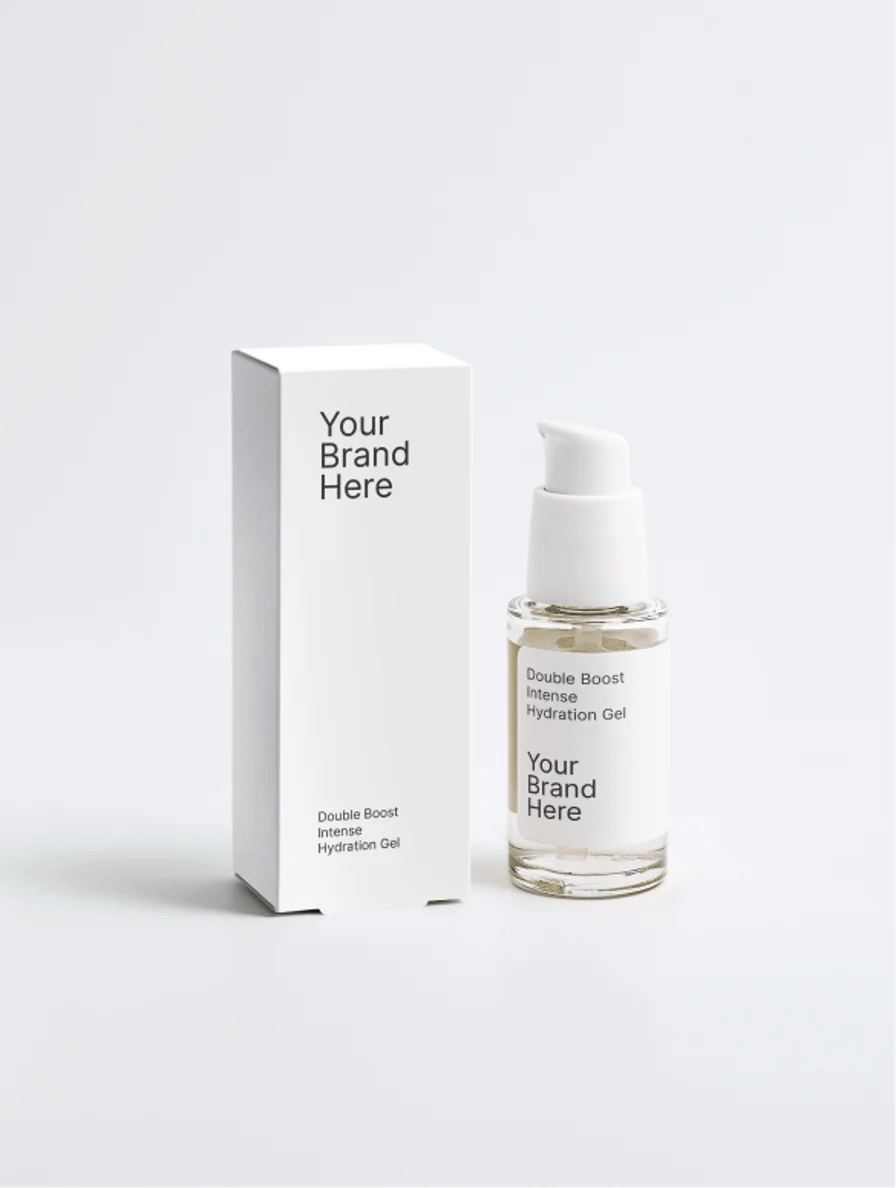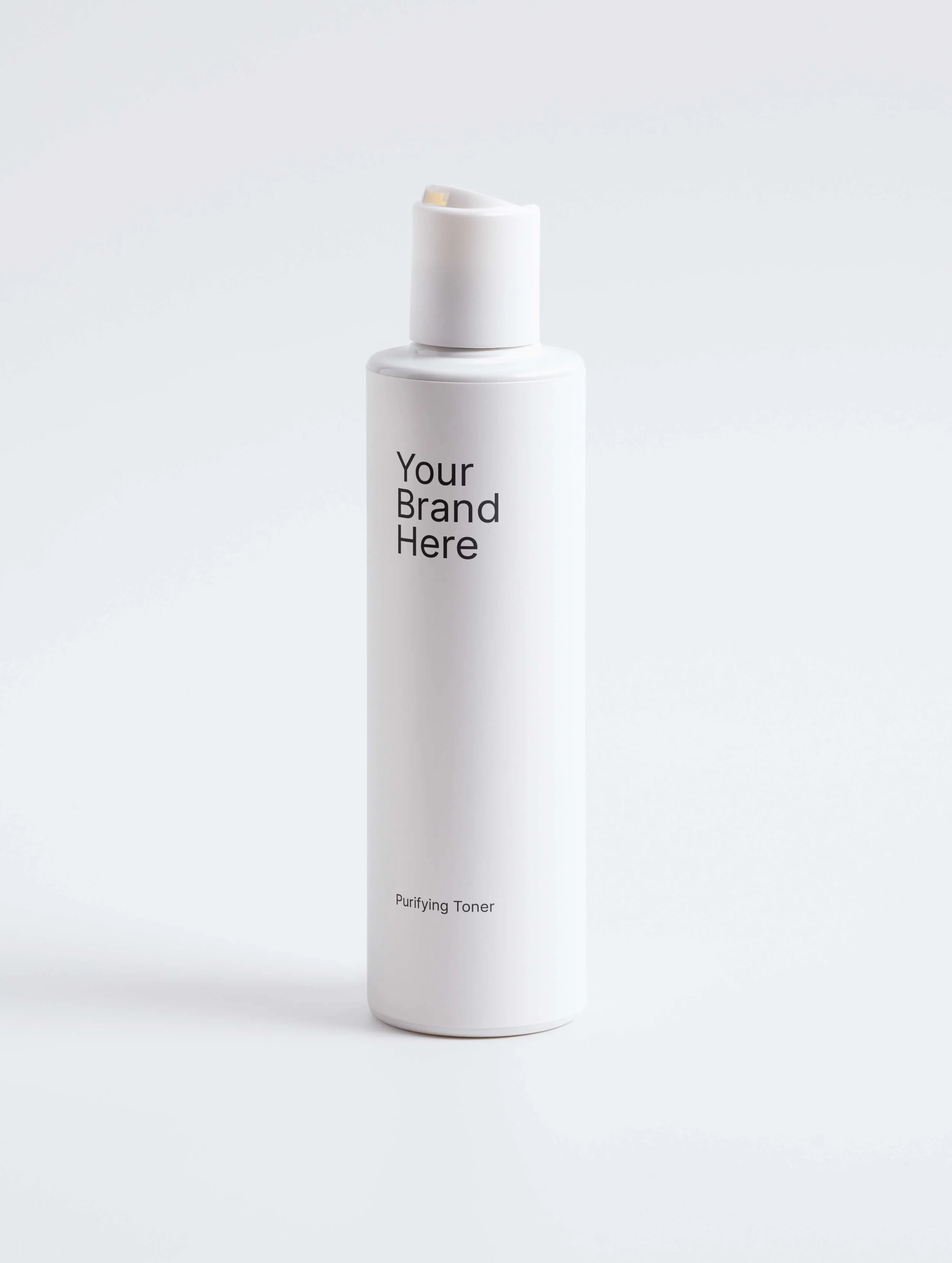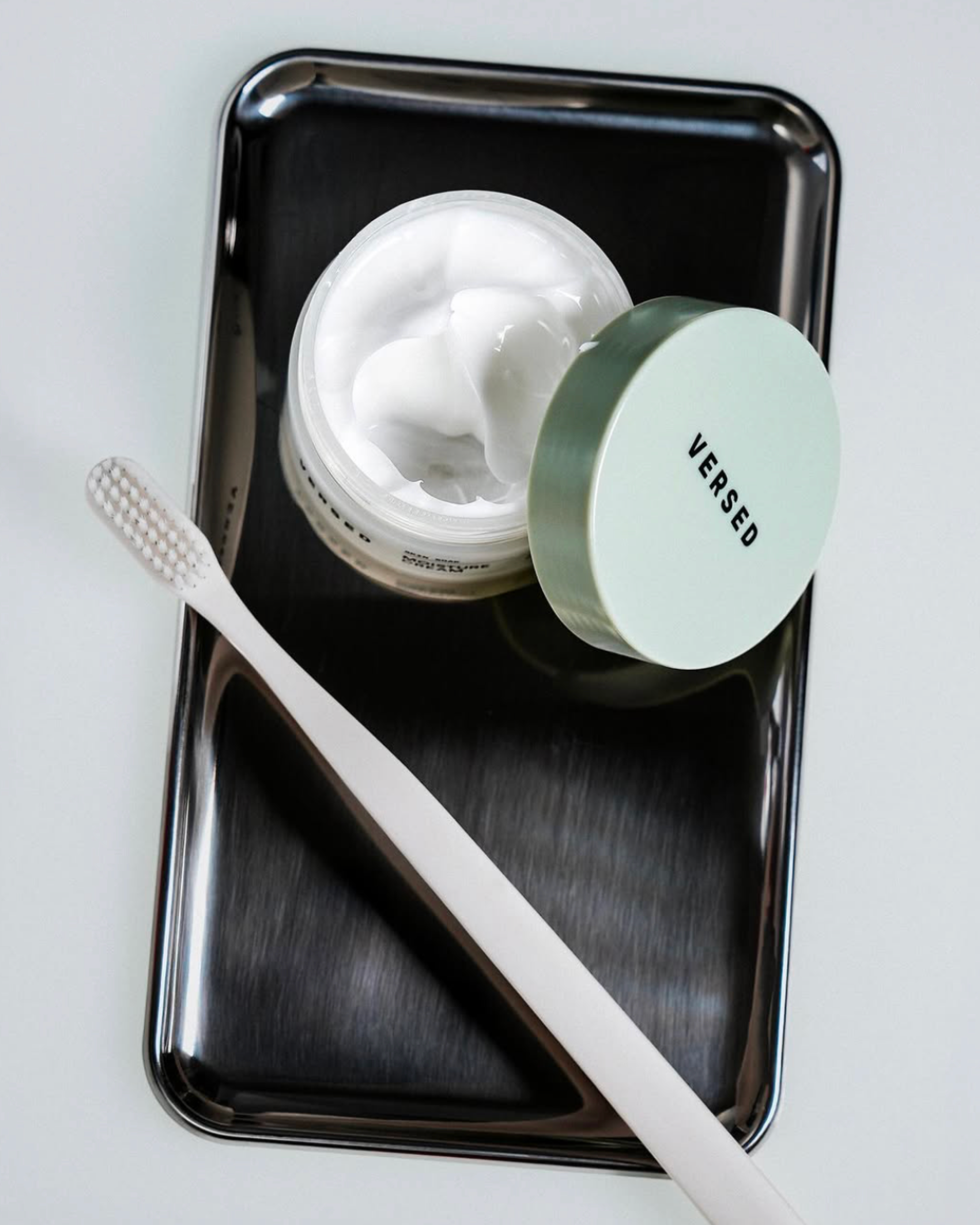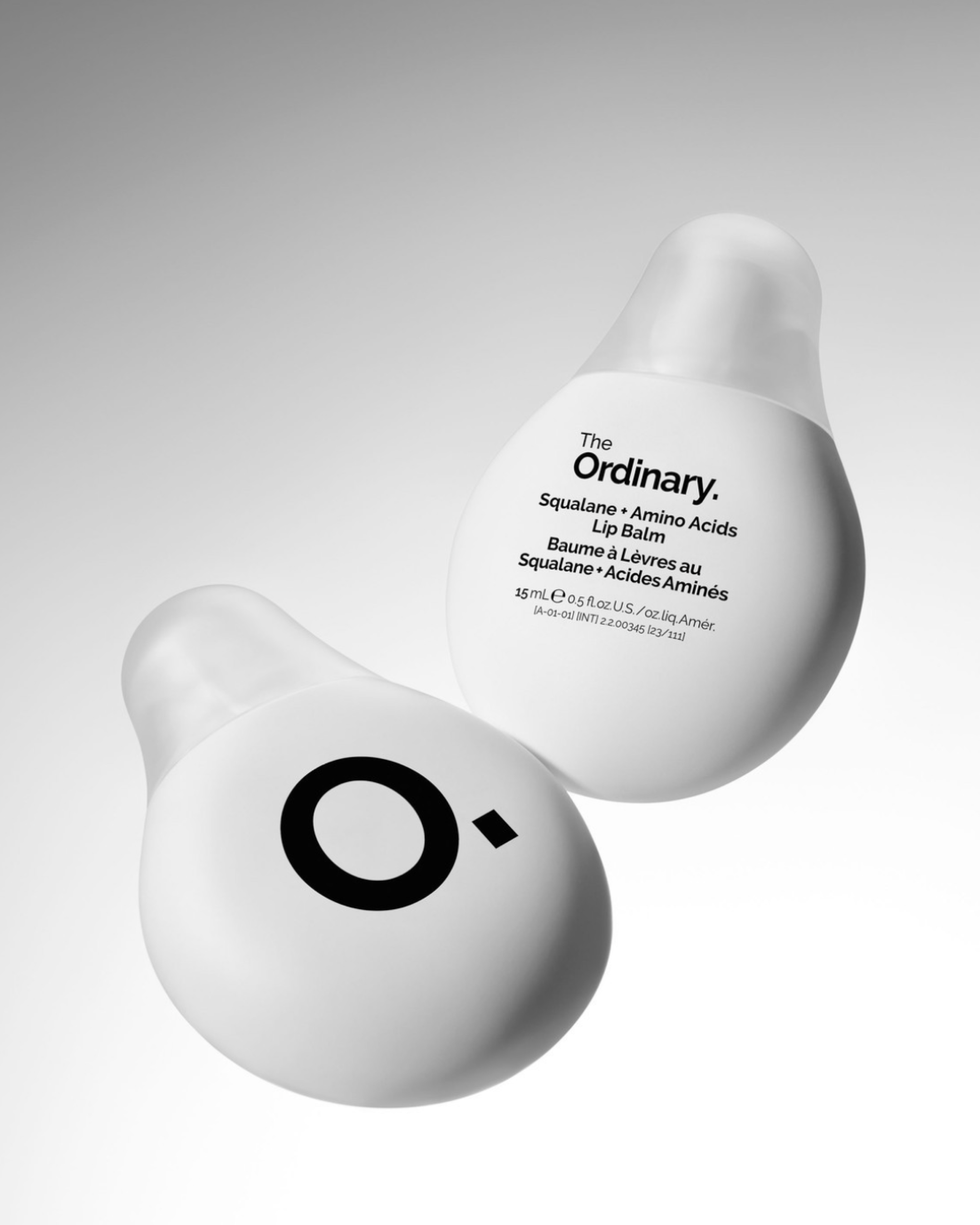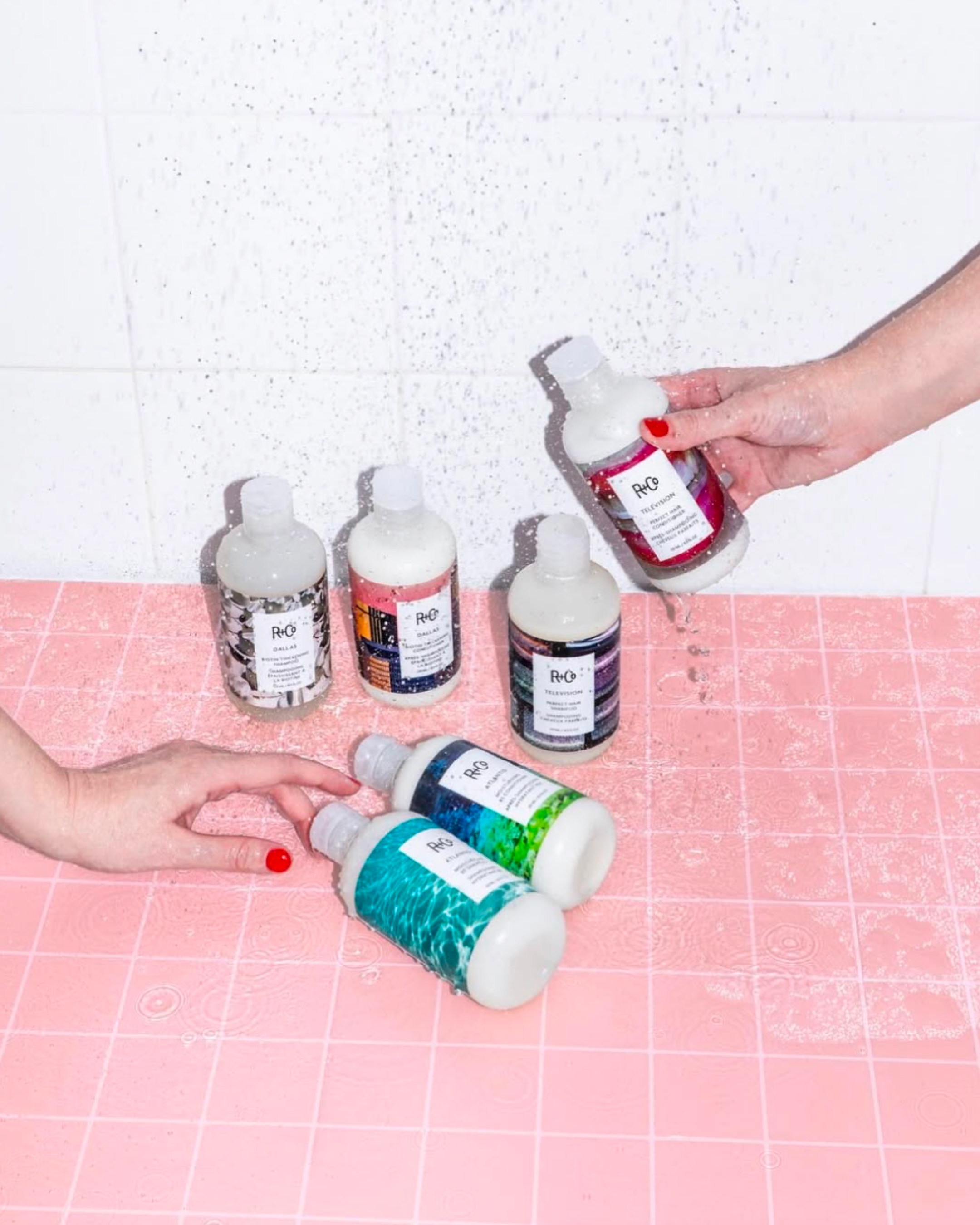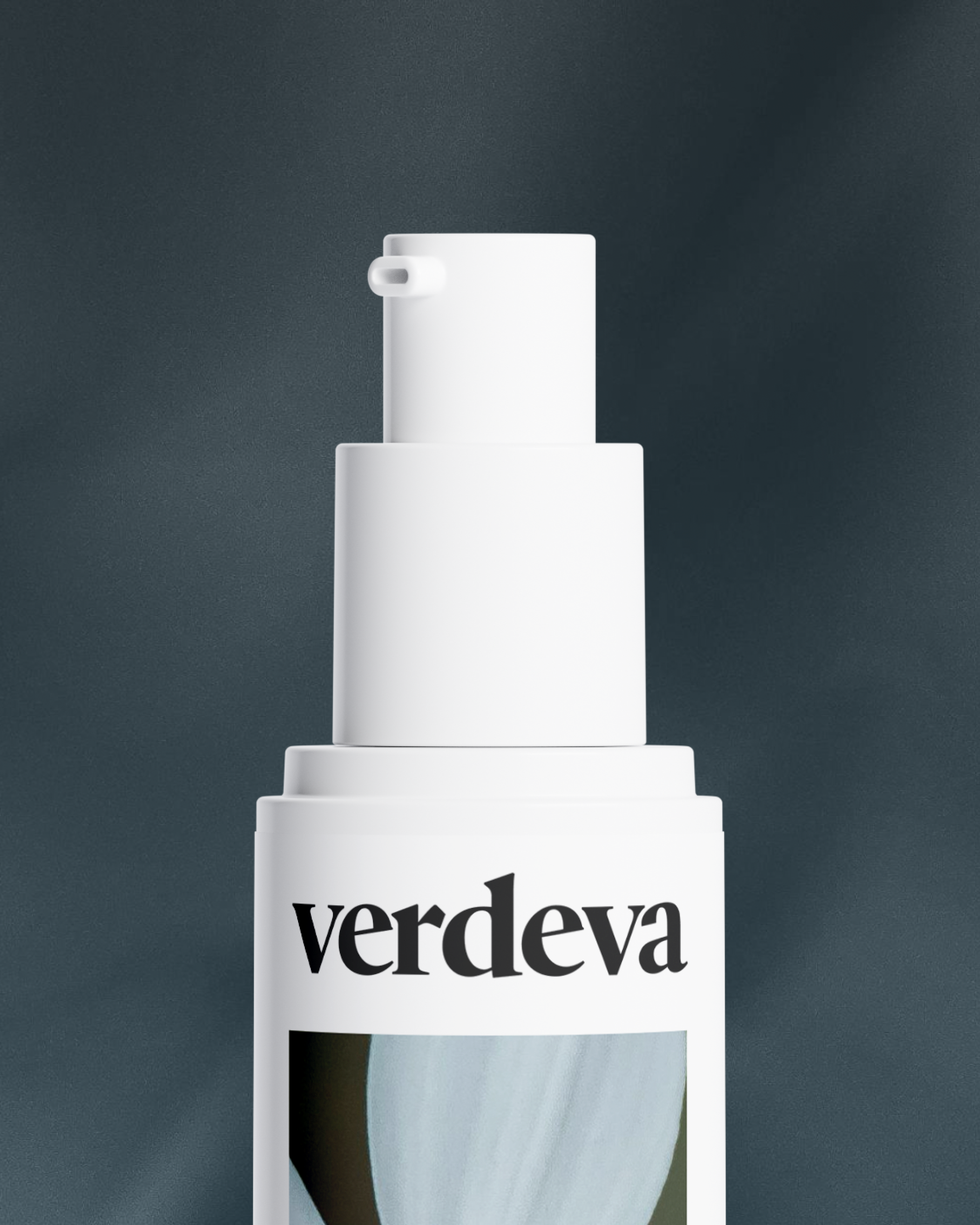How to Choose the Right Skincare Ingredients
A skincare line is only as good as its active ingredients. The efficacy of your product, the trust of your customer, and ultimately, your brand’s success depend on them.
Trends come and go, but choosing the right skincare ingredients for your lineup, isn't just about what's “in”. It’s about understanding which ingredients address the specific concerns your brand aims to solve.
In this article you’ll gain the knowledge you need to choose skincare ingredients based on skin concerns, strengthen your marketing narrative, and build long-term brand credibility. So, if you are wondering how to start a skincare line, or planning to add new products to your existing product line, read on.
Table of Contents
What are active ingredients?
Before diving into specific concerns, let's understand what active skincare ingredients are. Active ingredients are compounds or substances in skincare products that have been scientifically tested and proven to address specific skin concerns. They actively work to improve the health and appearance of the skin.
For most active ingredients to actually do their job, they need to be above 1% concentration in the formulation. If the ingredient is in a lower concentration than 1%, the product very often won’t be effective enough to provide visible results. But this doesn't apply to all actives. Ingredients like retinol, hyaluronic acid, and others are effective even below 1%.
Understanding skincare concerns & solutions
The most efficient skincare products are made with one principle: solving specific skin concerns with targeted ingredients. Let’s break down how different ingredients address various skin needs:
Dryness
Dry skin often lacks sufficient natural oils. The solution? Bring back those essential lipids.
Oils (Jojoba, Argan Oil, Berry Seed Oils): These rich emollients replenish the skin's natural lipid barrier, providing deep nourishment and comfort. Argan oil, in particular, is known for its skin-softening properties.
Butters (Shea, Cocoa): Luxuriously rich, butters create a protective occlusive layer that seals in moisture and provides intense hydration.
Ceramides: Essential lipids naturally found in the skin barrier, ceramides are crucial for restoring and maintaining the skin's protective function, reducing moisture loss.
Urea: In medium concentration, it not only has deeply moisturizing but also keratolytic properties, meaning it also gently exfoliates to improve texture.
Panthenol: Also known as Provitamin B5, Panthenol attracts and holds moisture, while also having soothing and repairing properties that benefit dry skin.
Prebiotics: They work alongside hydrating ingredients to restore moisture while keeping the microbiome intact.
Selfnamed offers a variety of private label products for your brand that tackle dryness. Here are some of them:
Dehydration
Dehydrated skin lacks water. The key is to moisturize by drawing and holding water within the skin.
Hyaluronic Acid: A super-hydrator, Hyaluronic Acid draws vast amounts of water into the skin, plumping it up and improving elasticity.
Sodium PCA: A natural humectant found in skin, Sodium PCA helps to bind water to the skin, keeping it hydrated and supple.
Betaine: Derived from sugar beets, Betaine is a natural osmolyte that helps cells maintain their water balance, deeply hydrating the skin.
Urea: In low concentration it is also a powerful humicant. Urea will keep the outermost layer of skin hydrated by drawing water from deeper layers of skin. It also helps to strengthen the skin's barrier.
Panthenol: Acts as a humectant, drawing moisture into the skin, while also helping to keep it smooth and soft.
Some amazing products for your product lineup that are meant for dehydrated skin:
Ageing (wrinkles, fine lines, loss of elasticity)
Tackling the signs of aging involves smoothing skin texture, improving firmness and elasticity, and protecting against environmental stressors.
Retinol or its alternatives (Bakuchiol): Known for their ability to renew skin cells, reducing the appearance of wrinkles and fine lines, and improving overall skin texture. Bakuchiol offers similar benefits with less irritation.
Peptides: These short chains of amino acids signal the skin to produce more collagen and elastin, leading to improved firmness and reduced wrinkles.
Phytosterols: Plant-derived compounds that help improve skin firmness and elasticity, contributing to a more youthful appearance.
Hydrolyzed Hyaluronic Acid: A smaller molecular weight Hyaluronic Acid that can penetrate deeper to improve skin elasticity and hydration from within.
Vitamin C: A powerful antioxidant that brightens skin, stimulates collagen production, and protects against free radical damage, helping to slow down aging processes.
Extracts of Plants (Antioxidants): Various botanical extracts offer antioxidant support, combating oxidative stress that contributes to premature aging.
Zinc Oxide (UV Filter): Essential for protecting the skin from UV radiation, a primary cause of premature aging.
Collagen: As a topical ingredient, collagen can help to hydrate and improve the skin's surface, contributing to a smoother, plumper appearance.
Selfnamed'd anti-aging private label products with these ingredients:
Hyperpigmentation
Addressing hyperpigmentation involves brightening skin tone, refining the skin's surface, and providing sun protection.
Vitamin C: Known for its brightening properties, Vitamin C helps to normalize melanocyte activity, reducing dark spots and evening out skin tone.
Niacinamide: This versatile ingredient helps reduce the appearance of hyperpigmentation and dark spots, leading to a more even complexion.
Retinol or Its Alternatives (Bakuchiol): Aid in cell turnover, which helps to fade existing dark spots and prevent new ones from forming.
Ferulic Acid: A potent antioxidant that enhances the brightening effects of Vitamin C and offers additional protection against environmental damage.
Lactic Acid (AHA): As an Alpha Hydroxy Acid (AHA), Lactic Acid gently exfoliates the skin surface, helping to refine texture and promote a brighter, more even tone.
Glycolic Acid: Another effective AHA, Glycolic Acid exfoliates the top layer of skin, improving texture and reducing the appearance of dark spots.
Kojic Acid: Known for its skin-lightening properties, Kojic Acid helps inhibit melanin production, targeting hyperpigmentation.
Zinc Oxide (UV Filter): Crucial for preventing the worsening of existing hyperpigmentation and protecting against new dark spot formation caused by sun exposure.
Selfnamed has sets and individual products you can include in your product line for addressing hyperpigmentation:
Acne
Managing acne involves clearing pores, minimizing bacterial activity, and balancing oiliness.
Salicylic Acid (BHA): A Beta Hydroxy Acid (BHA) that deeply penetrates oil-filled pores to clear them and reduce breakouts.
Clays: Ingredients like bentonite or kaolin clay help absorb excess oil and draw out impurities, clearing pores.
Tea Tree Oil: Known for its natural antibacterial properties, Tea Tree Oil helps minimize bacterial activity on the skin, contributing to fewer breakouts.
Niacinamide: Helps balance oil production and reduce inflammation, beneficial for acne-prone skin.
Rose Myrtle Extract: Contributes to balancing oiliness and improving skin clarity.
CBD: Known for its anti-inflammatory and skin-calming properties, CBD can help reduce redness and discomfort associated with acne.
Prebiotics: By promoting healthy bacteria, prebiotics can help reduce the microbiome imbalance that can lead to clogged pores and blemishes.
If you're planning on launching or expanding your product line for acne-prone skin, consider these products:
Redness, discomfort
The goal for skin experiencing redness and discomfort is to calm and soothe. Here are some skincare ingredients for redness
Niacinamide: A key ingredient for reducing redness and inflammation, promoting a more even skin tone.
Bisabolol: A component of chamomile, Bisabolol is renowned for its soothing and anti-irritant properties, providing comfort to sensitive skin.
Herbs (Chamomile, Calendula, Aloe Vera): These natural extracts offer calming, anti-inflammatory, and healing benefits, perfect for soothing irritated skin.
CBD: With its well-documented anti-inflammatory properties, CBD can significantly help in calming redness and discomfort.
Panthenol: Known for its soothing and moisturizing abilities, Panthenol helps to reduce irritation and promote skin repair.
Selfnamed’s products with these ingredients that are meant for this specific concern:
Sensitivity
For sensitive skin, the approach is to be gentle, minimize irritation, and support the skin's natural barrier.
Fragrance-Free Formulations: Essential for sensitive skin, as fragrances are common irritants.
Non-Irritating Ingredients: Focus on simple, effective formulas without harsh chemicals.
Ceramides: Crucial for rebuilding and strengthening the skin barrier, which is often compromised in sensitive skin, reducing reactivity.
Panthenol: Acts as a humectant and emollient, deeply soothing and supporting the skin's natural repair process.
Betaine: Helps cells manage water balance, offering gentle hydration and protection against irritation.
Colloidal Oatmeal: A well-known soothing agent that calms irritation, reduces redness, and forms a protective barrier on the skin.
Niacinamide: It enhances the skin’s barrier function, making it a great choice for sensitive skin.
Prebiotics: By supporting the skin's delicate microbiome balance is vital for sensitive skin. Prebiotics nourish beneficial skin bacteria, promoting a healthier barrier and reducing reactivity.
Private label products for sensitive skin:
From ingredients to product line
When choosing skincare ingredients for your product line, remember that each formula should be tied to a clear skin concern. This makes it easier to educate your customers, differentiate your brand, and create effective, concern-focused collections.
In each product line you should have one main hero product with highlighted ingredients. This is your star product that you will build your lineup around. For example, if you’re building an anti-aging product line, you could choose our Peptide Anti-Aging Serum or Natural Retinol Alternative Oil Serum as your hero.
You would then build around it with other anti-aging solutions and create a focused collection for optimal results. To complete the routine, you would then add complementary basics (like a cleanser, toner, and moisturizer) that also target aging concerns.
Knowing what each ingredient does will help you make strategic product development decisions, allowing you to create targeted solutions for your customers. If you are just starting your private label skincare line, consider starting with one main focus, one main concern to help you niche down.
This is precisely where private label skincare shines. Instead of investing time and money into research and development, and manufacturing from scratch, you can partner with experts like Selfnamed. Selfnamed’s catalog has high-quality, concern-focused private label products that feature these very ingredients. And it is super easy to find exactly what you’re looking for by filtering the products by ingredients or concerns.
Marketing your ingredient-driven line
Once you have your expertly formulated products, marketing them becomes an exercise in transparency and education. Don't just list ingredients; tell the story of why you chose them and how they address specific concerns.
Educate your customers on the science behind ingredients like urea for dry skin or niacinamide for redness. This builds trust, positions your brand as knowledgeable, and empowers your customers to make informed choices.
Your ingredient story becomes a core part of your brand narrative, making your products more compelling and easier to sell. Use channels like social media, your website and blog (if you don't have one, starting a blog can significantly help your SEO), and e-mail marketing.
Use clear messaging in your product descriptions, promotional materials and social media communication, emphasize the positive outcomes of using products with certain active ingredients, like reducing fine lines for products with bakuchiol, or more even skin tone for Vitamin C infused products.
Your brand's blueprint for success
Choosing the right active ingredients for your skincare brand is crucial. It allows you to build a lineup that effectively tackles specific skin concerns, delivers visible results, and stands out in a competitive market. By understanding the science behind ingredients, you're offering solutions that your customers are looking for.
Ready to explore high-quality, concern-specific private label products featuring these active ingredients? Dive into Selfnamed’s catalog and discover products that can elevate your brand.
Frequently Asked Questions
-
Active ingredients are scientifically tested compounds in skincare products that are proven to address specific skin concerns and actively work to improve the health and appearance of the skin.
-
For most active ingredients to be effective, they need to be above 1% concentration in the formulation. However, some, like retinol and hyaluronic acid, are exceptions and can be effective even below 1%.
-
You should prioritize ingredients that are "clean", "natural", and "scientifically tested / clinically proven results". For sensitive skin, focus on non-irritating and fragrance-free formulations.
-
For dryness, look for ingredients that bring back essential oils like jojoba oil, argan oil, and berry seed oils, as well as butters (shea, cocoa). Ceramides, urea, and panthenol are also excellent for deep hydration and barrier repair.
-
To combat dehydration, prioritize ingredients that draw and hold water in the skin, such as hyaluronic acid, sodium pca, betaine, urea (in low concentration), and panthenol.
-
For aging concerns, look for ingredients that smooth texture and improve firmness. Key actives include retinol or its alternatives (bakuchiol), peptides, phytosterols, hydrolyzed hyaluronic acid, vitamin C, antioxidant plant extracts, zinc oxide (for protection), and collagen.
-
To address hyperpigmentation, focus on ingredients that brighten and refine the skin surface, like vitamin c, niacinamide, retinol or its alternatives (bakuchiol), ferulic acid, lactic acid (AHA), glycolic acid, kojic acid, and zinc oxide.
-
For acne management, consider ingredients that clear pores, minimize bacterial activity, and balance oiliness, such as salicylic acid (BHA), clays, tea tree oil, niacinamide, rose myrtle extract, cbd, and prebiotics.
-
To soothe redness and discomfort, look for calming ingredients like niacinamide, bisabolol, herbs (chamomile, calendula, aloe vera), CBD, and panthenol.
-
For sensitive skin, prioritize fragrance-free and non-irritating formulations. Key ingredients that support the skin barrier and soothe include ceramides, panthenol, betaine, colloidal oatmeal, niacinamide, and prebiotics.
Must read








